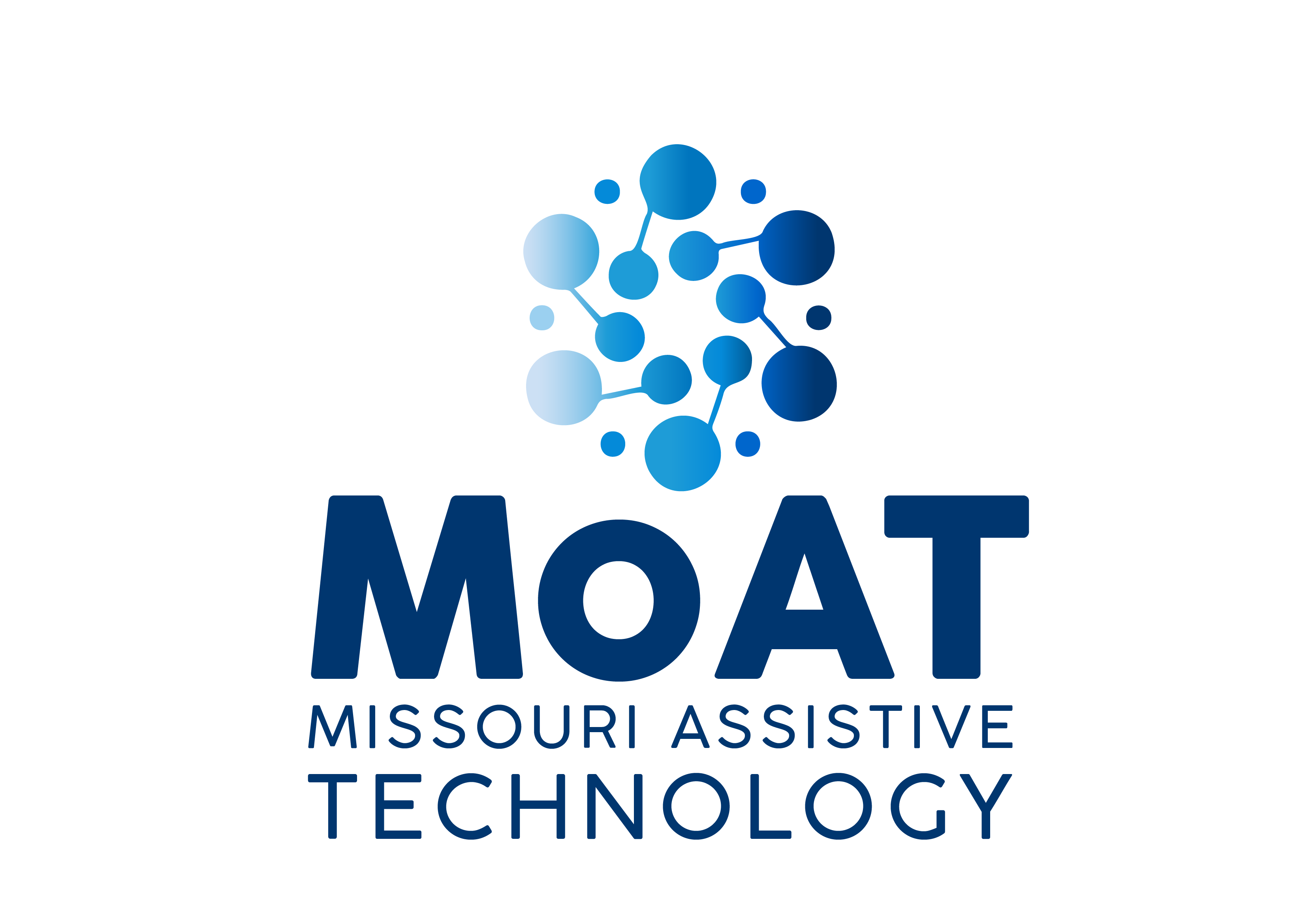Accessibility Law – Missouri
RSMo 161.935 – Effective 1999, requires accessibility in the development, procurement, maintenance or use of Information and Communication Technology (ICT), or when administering contracts or grants that include the procurement, development, or upgrading of Information and Communication Technology (ICT).
Missouri State ICT Standard
A work team comprised of MoAT, ITSD and Missouri Department of Conservation updated the Missouri state ICT access standards. The Missouri Assistive Technology Advisory Council approved these standards on September 13, 2024.
Accessibility Law – Federal
Several disability rights laws have been passed at the federal Level. See A Guide to Disability Rights Laws for a comprehensive list of those laws. Here is a short summary of the two primary federal laws that affect accessibility in the state of Missouri:
Section 508 of the Rehabilitation Act (known as Section 508) – The Rehabilitation Act prohibits discrimination on the basis of disability in programs conducted by federal agencies and in programs receiving federal financial assistance. In 1998, Congress amended the Rehabilitation Act of 1973 to require federal agencies to make their electronic and information technology (EIT) accessible to people with disabilities.
Section 255 Telecommunications Guidelines – ICT (known as Section 255) – The Telecommunications Act of 1996 requires manufacturers of telecommunications equipment and customer premises equipment to ensure that the equipment is designed, developed, and fabricated to be accessible to and usable by individuals with disabilities, if readily achievable.
Americans with Disabilities Act of 1990 (ADA), as amended (known as ADA) – ADA prohibits discrimination on the basis of disability in several areas, including state and local government, to give people with disabilities an equal opportunity to benefit from all programs, services, and activities.
Digital Accessibility Legal Update
2025 Digital Accessibility Legal Update Presentation (March 2025) by Lainey Feingold

